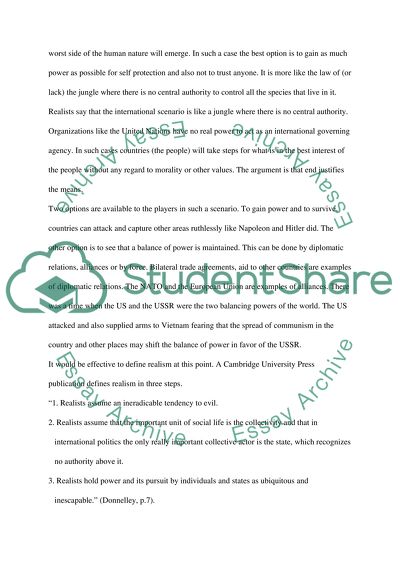Cite this document
(“The Realistic Theory of International Relations Research Paper”, n.d.)
The Realistic Theory of International Relations Research Paper. Retrieved from https://studentshare.org/politics/1549669-critical-thinking-essay-president-bushs-arguments-for-invading-iraq-and-the-realist-theory-of-international-relations
The Realistic Theory of International Relations Research Paper. Retrieved from https://studentshare.org/politics/1549669-critical-thinking-essay-president-bushs-arguments-for-invading-iraq-and-the-realist-theory-of-international-relations
(The Realistic Theory of International Relations Research Paper)
The Realistic Theory of International Relations Research Paper. https://studentshare.org/politics/1549669-critical-thinking-essay-president-bushs-arguments-for-invading-iraq-and-the-realist-theory-of-international-relations.
The Realistic Theory of International Relations Research Paper. https://studentshare.org/politics/1549669-critical-thinking-essay-president-bushs-arguments-for-invading-iraq-and-the-realist-theory-of-international-relations.
“The Realistic Theory of International Relations Research Paper”, n.d. https://studentshare.org/politics/1549669-critical-thinking-essay-president-bushs-arguments-for-invading-iraq-and-the-realist-theory-of-international-relations.


